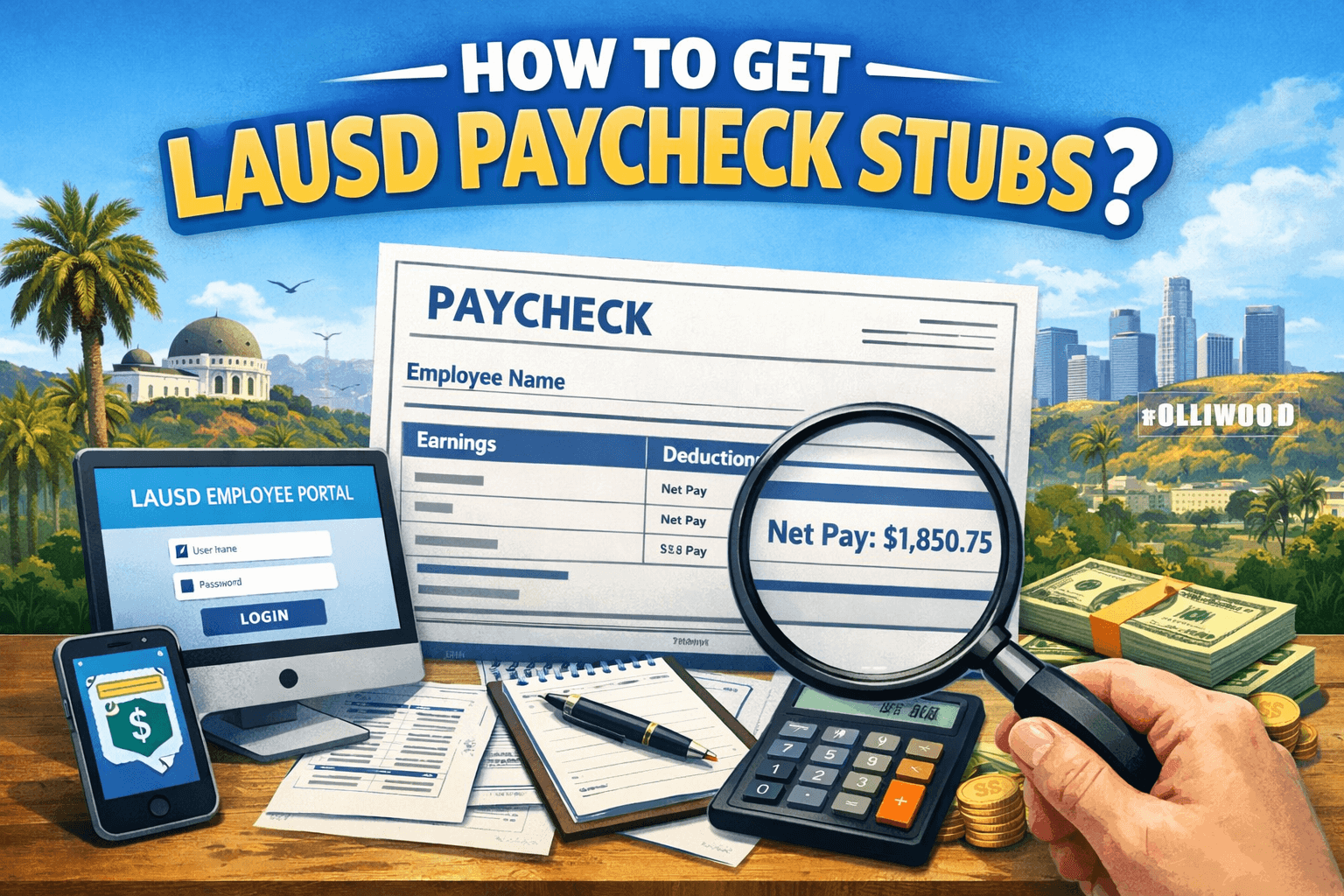What is COBRA?
COBRA, or the Consolidated Omnibus Budget Reconciliation Act, is a U.S. law that allows employees and their families to continue their health insurance coverage after certain life events, like leaving a job, reduction in work hours, or divorce. It helps people avoid sudden gaps in medical coverage.
Coverage usually lasts 18 to 36 months, depending on the situation. Employees pay the full insurance premium, which may include the part previously covered by the employer, plus a small administrative fee.
How COBRA Works
- Qualifying Events – COBRA applies if you lose coverage due to:
- Termination (except gross misconduct)
- Reduced work hours
- Divorce or legal separation
- Death of the covered employee
- Loss of dependent status
- Notification – Employers (ER) must inform employees about their COBRA rights within a set time.
- Election Period – You generally have 60 days to decide whether to take COBRA coverage.
- Premium Payment – You pay the full premium, often including what the employer previously contributed, plus a small fee.
- Coverage Duration – Typically 18 months, but some events, like disability or divorce, may extend coverage up to 36 months.
Benefits of COBRA
- Continuity of Coverage – Avoid losing Dental Insurance, vision, or health coverage.
- Keep Your Providers – Continue seeing the same doctors and specialists.
- Peace of Mind – Prevent unexpected medical bills.
COBRA can work together with Health Savings Account (HSA), Health Reimbursement Arrangement (HRA), or Flexible Spending Account (FAS) to manage expenses.
Things to Keep in Mind
- Cost – You pay the full premium plus administrative fees, which can be much higher than while employed.
- Time-Limited – COBRA is temporary, lasting 18–36 months.
- Eligibility – Only applies to employers with 20 or more employees.
Related Internal Terms
- Dental Insurance – COBRA generally covers dental plans.
- Health Savings Account (HSA) – Contributions may continue while on COBRA.
- Flexible Spending Account (FAS) – Can still be used alongside COBRA coverage.
- ER – Responsible for notifying eligible employees.
FAQs
Q1: Who is eligible for COBRA?
Employees and dependents who lose coverage due to qualifying events such as job loss, reduced hours, divorce, or death of the covered employee.
Q2: How long can I stay on COBRA?
18 months is standard for most terminations or reductions in hours, but some events like disability or divorce can extend coverage up to 36 months.
Q3: How much does COBRA cost?
You pay the full premium, which may include the employer’s previous share, plus up to a 2% administrative fee.
Q4: Can COBRA coverage be denied?
Coverage is guaranteed if eligibility requirements are met and premiums are paid on time. Nonpayment or failure to meet qualifying conditions can result in denial.
Q5: Does COBRA cover dental or vision insurance?
Yes, COBRA generally applies to all group health plans, including Dental Insurance.
Final Thoughts
COBRA is a vital safety net for employees and families during transitions between jobs. While it can be expensive, it ensures continuous coverage and protects against unexpected medical expenses.
For payroll or benefits simulation, including COBRA-related deductions, try our pay check stub maker to create professional, accurate pay stubs in minutes.







